In nature, many animals seem harmless, but they may be "murderers" that threaten human life. When we mention "animals that kill the most people", we usually think of large beasts, such as lions, tigers or sharks. However, the fact is that many animals that do not look dangerous are the biggest threat to human health and life. This article will take a deep look at which animals pose the greatest threat to human death worldwide and how these animals affect human life.
Mosquitoes are undoubtedly the most lethal animals in the world. According to the World Health Organization (WHO), more than 700,000 people die each year from mosquito-related diseases. Mosquitoes are vectors of many deadly diseases, including malaria, dengue fever, yellow fever, West Nile virus, and Zika virus. Here are the main reasons why mosquitoes cause huge mortality rates among humans:
Malaria : Mosquito-borne malaria is one of the world's deadliest diseases, particularly in tropical regions of Africa, Asia and South America. Malaria kills more than 400,000 people each year, mostly children and pregnant women.
Dengue fever: Dengue fever is transmitted by the Aedes aegypti mosquito and mainly affects urban residents in tropical and subtropical areas. Although the mortality rate is low, the death toll is still significant due to the large number of cases.
Yellow fever and West Nile virus : These viruses, spread through the bite of mosquitoes, have caused many deaths in parts of Africa and the Americas.
Although mosquitoes may seem insignificant, they pose a huge threat to global public health. Global health organizations are working to reduce the impact of mosquito-borne diseases through vaccines, repellents and mosquito control measures.
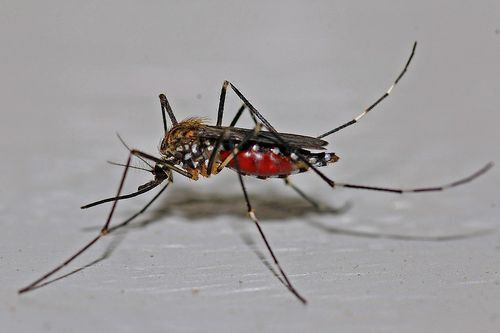
Although humans are not technically "animals" themselves, as one of the most advanced primates on Earth, humans are undoubtedly one of the leading causes of death in the world. According to statistics, hundreds of thousands of people die worldwide each year from wars, murders, traffic accidents and other human actions. This makes humans one of the "species" that kills the most people. Violence, crime and conflict constantly threaten the stability and security of human society.
Snakes kill an estimated 80,000 to 138,000 people each year, especially in rural and remote areas, where snake bites are a serious public health problem. Among snakes, venomous snakes such as cobras, rattlesnakes, vipers and taipans are the leading cause of death. Most snake bite victims live in tropical and subtropical regions, especially in Africa, South Asia and Southeast Asia.
Venomous snakes' venom can trigger a range of fatal reactions, including:
Nervous system damage : leading to paralysis or respiratory failure.
Bleeding or coagulation disorders : causing internal bleeding or blood clots.
Organ failure : Toxins entering the bloodstream may damage vital organs such as the liver and kidneys.
Despite the high mortality rate from snakebites, access to antivenom remains insufficient worldwide, especially in low-income countries and remote areas.
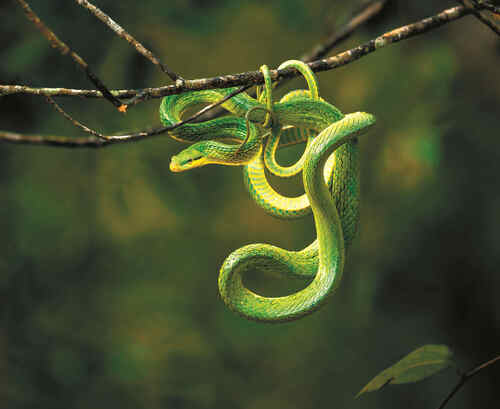
Dogs are the main vectors of rabies, especially in developing countries. Rabies kills more than 59,000 people each year, with 99% of cases caused by bites from infected dogs. Rabies is a deadly viral infection that is almost 100% fatal once symptoms develop.
Rabies is mainly transmitted through the bite of an infected animal. The virus enters the body through saliva and eventually attacks the central nervous system. Although rabies can be prevented by vaccines, in some resource-limited countries, vaccination rates are insufficient, resulting in a large number of deaths.

Although they may seem harmless, freshwater snails are vectors of schistosomiasis, also known as bilharzia infection, a chronic disease caused by parasites that affects more than 200 million people worldwide and kills about 200,000 people each year.
Freshwater snails are infested with parasites called schistosomiasis, which can enter the human body through contact with freshwater, enter the blood system and reproduce. Schistosomiasis can cause liver damage, intestinal problems and genital diseases, and in severe cases, even death.
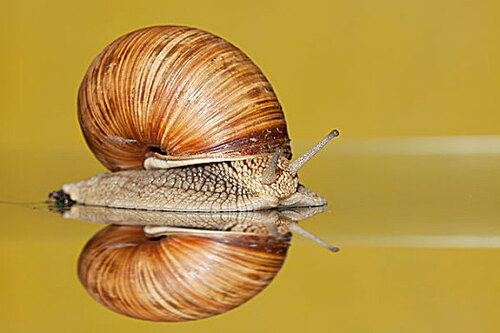
The box jellyfish (Chironex fleckeri) is one of the most venomous animals in the world. It lives in warm waters off Australia and Southeast Asia and contains a deadly toxin in its tentacles. Although the number of fatal poisonings caused by the box jellyfish is small, the venom is so strong that it kills hundreds of people each year.
The venom of the box jellyfish can quickly attack the human heart, nervous system and skin cells. After being stung, if first aid is not taken immediately, the victim may die within a few minutes due to cardiac arrest or suffocation.
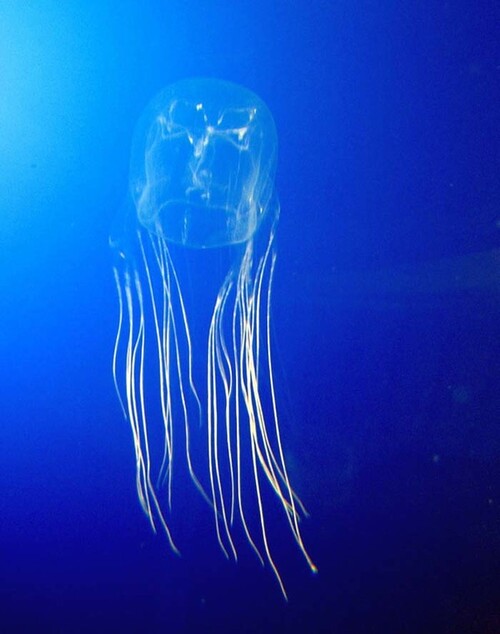
Hippos look large and clumsy, but they are actually one of the most aggressive animals in Africa. Every year, hippos kill more than 500 people. Hippos have a very strong bite force, and their large size and sharp teeth allow them to easily crush bones.
Hippos live in lakes and rivers in Africa, and despite their primarily vegetarian diet, they are extremely protective of their territory and can be quite aggressive. Hippos often attack humans or boats that come near water, causing serious injuries or even death.
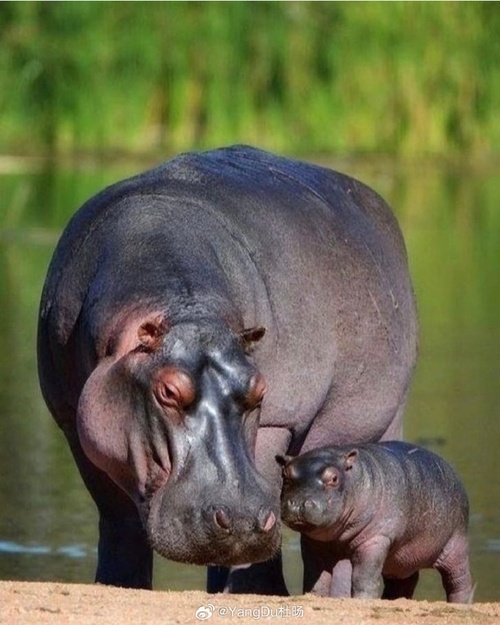
As one of Africa's large predators, lions cause about 200 deaths each year. Lions usually do not actively attack humans, but due to the overlap of human and lion habitats, especially in grasslands and rural areas of Africa, lions sometimes attack herders or residents in villages.
Lions are extremely powerful, their speed and strength making them top predators. Although lion attacks on humans are rare, when they do occur, they are often fatal.
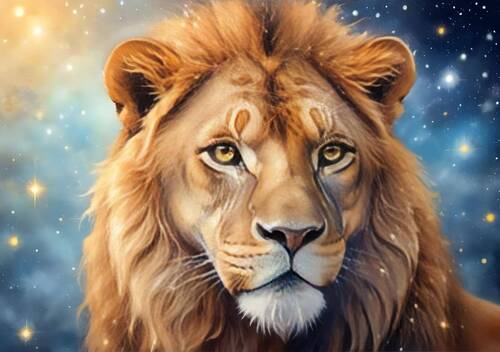
Elephants are the world's largest land animals and are generally gentle and friendly, but they still kill about 500 people each year. Elephants usually attack because they feel threatened or frightened, especially when humans intrude on their habitat or when they are cornered.
The enormous strength of Elephants-Are-Endangered.html">elephants allows them to easily topple trees or damage buildings. They use their tusks and trunks to attack, causing serious injuries or even death.
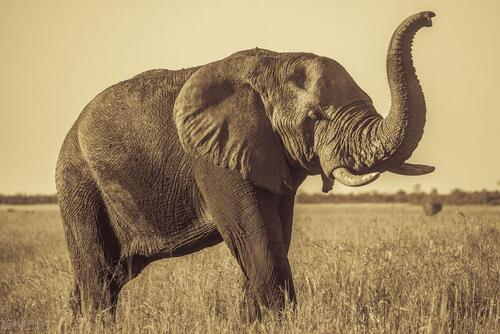
Crocodiles are one of the oldest predators on Earth, living in tropical and subtropical rivers, lakes and wetlands. Every year, crocodiles cause about 1,000 deaths. Crocodiles usually hide in the water and quickly pounce on humans or animals that approach the water.
Crocodiles are extremely powerful, and their bite force can easily crush bones. Once caught by a crocodile, escape is almost impossible. Due to their secretive lifestyle and high-speed attacks, crocodiles are one of the most deadly predators in the world.
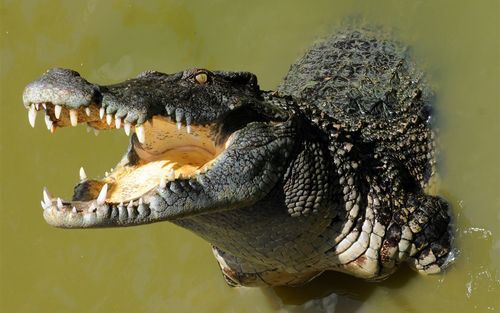
When discussing "the animals that kill the most people in the world", many people may first think of large carnivores or beasts. However, it turns out that small, seemingly harmless animals are often the species that pose the greatest threat to human life. Animals such as mosquitoes, snakes and dogs cause hundreds of thousands of deaths each year due to the spread of diseases or accidental injuries.
Understanding the threat these animals pose to humans and taking appropriate preventive measures (such as vaccination, anthelmintic use, field safety knowledge, etc.) can effectively reduce the impact of these animals on human health and safety. Reducing the risk of death caused by animals on a global scale remains a feasible goal through scientific means and public health interventions.
animal tags: Mosquitoes Crocodile Elephant Lion Hippo Dog Snake Freshwater-snails
We created this article in conjunction with AI technology, then made sure it was fact-checked and edited by a Animals Top editor.